Geographies
Image
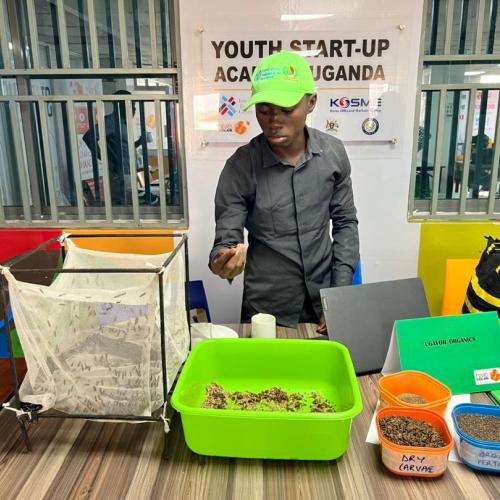
Blog
-
Native to many regions of Africa, the black soldier fly (Hermetia illucens) is a non-pest insect known for its remarkable waste-conversion abilities. A GLOW project is using black soldier flies to convert waste to wealth and empower women.
Image
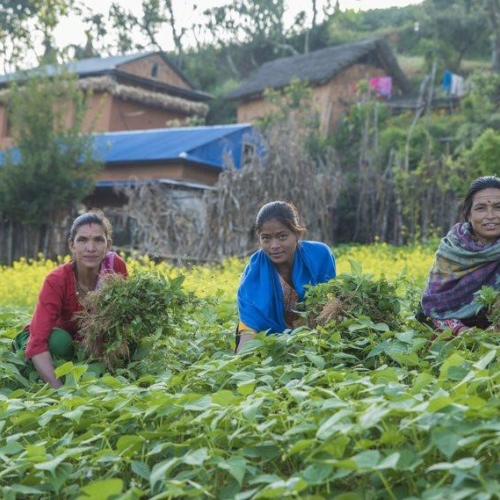
Blog
-
A survey by the Southasian Institute of Advanced Studies revealed the personality traits, managerial skills, and business attributes of entrepreneurs who survived or fell victim to the Covid-19 pandemic. The survey, carried out among farmers in Arghakhanchi and Ramechhap districts, suggests larger farms with higher start-up capital are more likely to survive longer.
Image
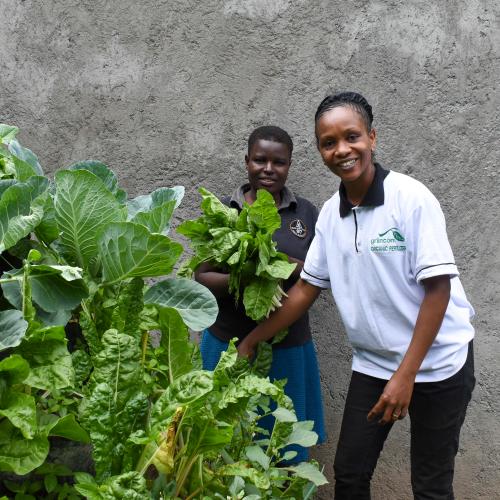
Blog
-
Urban farming has the potential to diversify economies, increase food security and improve nutrition - as demonstrated by an innovative project in Kenya that stresses women farmers' empowerment.
Image
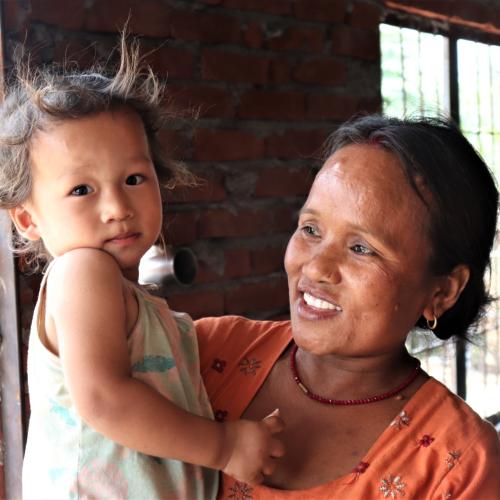
Blog
-
Groups of women entrepreneurs in Nepal have been resourceful in finding land and funds to create collective working spaces, which are instrumental for their economic activities and broader wellbeing.
Image
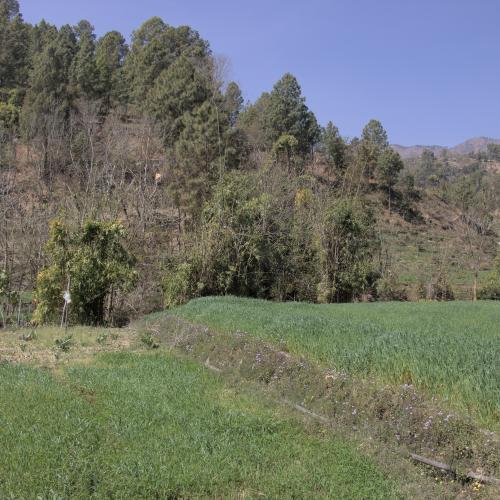
Blog
-
Climate change is imposing heavy costs on smallholder farmers and local communities whose livelihoods are based on natural resources - including in Nepal, where male out-migration places an especially heavy burden on women to navigate the changes.
Image
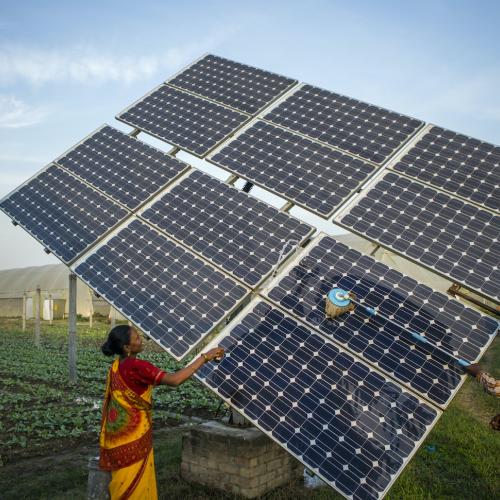
News
-
Transitions to clean energy are compatible with sustainable and equitable development and women’s economic empowerment. However, in the absence of adequate policies, they may reinforce existing inequalities. A new policy brief summarises the evidence that supports and knowledge gaps that hinder clean and inclusive energy transitions.
Image
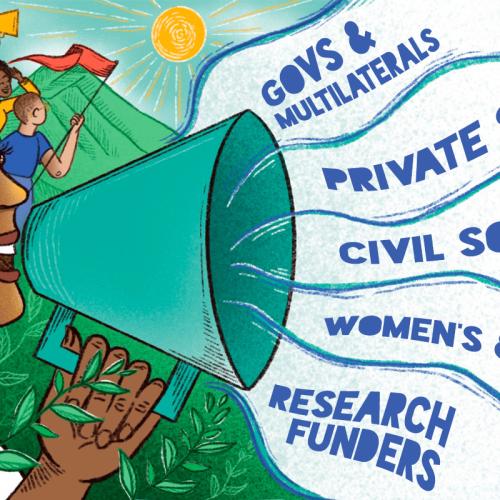
Blog
-
At COP28 in Dubai in November-December 2023, governments will negotiate a political statement and commitment to further action on 'just transitions': how transitions to low-carbon economies can provide decent, secure employment for millions of workers. Sign this call to action for gender-just, low-carbon economies, to raise the profile of women's empowerment as a critical consideration for the climate talks and COP28 decision.
Image
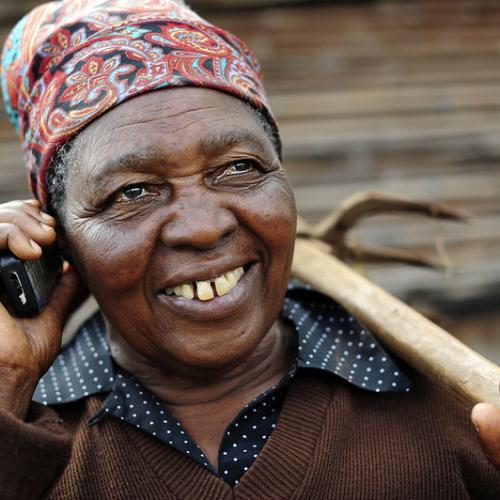
Blog
-
Experiences from Intellecap and its partners highlight that women can be economically empowered in value chains if they are given access to capacity building, technology and finance.
Image
Blog
-
Nepal's reputation for beautiful scenery is being marred by mountains of plastic waste. Now women entrepreneurs from rural communities are seeking to change all that, by making and promoting bio-products for use instead of plastic.

